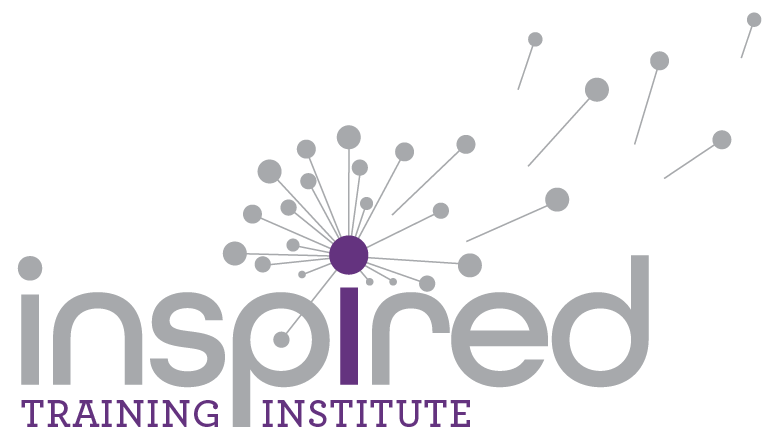Accepting the (Permanent) Shift to Leading Remotely
During a recent coaching conversation with “Evan,” a seasoned C-suite leader, he shared his conflicting views about the American workforce’s movement toward flexible and remote work arrangements. Evan, like many of us, “grew up” thinking that one’s professional performance is assessed, in large part, by face-time at work. He explained that without the experience of the COVID-19 pandemic, he would never have considered the option of allowing employees to work from home.
On the other hand, Evan outlined all of the reasons it is imperative for he and his organization to allow remote work arrangements, not the least of which is to retain valued employees who have come to enjoy the flexibility of working from home. Some of those valued employees have such a strong desire to continue working from home that they have expressed a willingness to move on from the company if they cannot work remotely in their current roles.
Changes in the ways employees are allowed to show up for work will have a significant impact upon the way many leaders guide, educate, and influence employees – especially leaders like Evan who have led in primarily face-to-face environments for decades.
As a typical action-oriented leader, Evan wanted to dive right into solution mode. His mind was spinning with ideas about tracking productivity, managing accountability, and maximizing communication with remote employees. But, rather than moving directly into the “tactical and practical,” we instead chose to take stock of the enormity of this workplace shift and its impact on Evan’s view of leadership and, frankly, of himself as a leader. (Great coaches coach the person first and then the issue.)
At this point in Evan’s career, I am aware that he operates from the Boundaries stage of character development. So, I started our conversation with his current stage of development in mind. We thoughtfully examined his concerns about remote work in order to discover the boundaries he believes are appropriate for flexible work arrangements.
We lamented a bit about the “good old days” and recalled the pros and cons of those days gone by. We worked through his resentment about the changing reality of the workforce and its impact upon his role. Evan confessed to his fears that these changes would require considerably more communication time, further burdening his already demanding schedule. Then, we discussed the boundaries he would need to put in place, and we played with ideas for creating some new efficiencies – including the option of he, himself, working from home sometimes (a real jolt to his definition of himself as a leader!).
Evan shared his frustration that so many employees would likely feel entitled to flexible work arrangements, and he expressed his lack of interest in working through the emotional load of those situations. We talked about the work he would need to do with HR and/or the rest of the leadership team to determine which roles are even eligible for flexible or remote work options. Naturally, boundaries will be inherent in the philosophy, strategy, and technology protocol they develop related to remote work. Hopefully, once those boundaries are communicated to employees, it may help to mitigate some of the potential entitlement issues he is dreading.
Finally, we uncovered Evan’s nagging sense that the only reason employees want to work from home is to be able to “slack off.” We debated some of the data that shows employee productivity actually improves when they are allowed to work from home. We talked about the dangers of Evan holding such a cynical view of employees who want to work from home, and we contemplated ways that he could accept other perspectives that may serve him better.
After working through his perceptions (and misperceptions) related to remote work, Evan acknowledged that some of his personal biases had been preventing him from moving forward productively, and he felt a renewed sense of clarity and, dare I say, hopefulness about the topic.
We will continue to talk more specifically about how Evan and his team will lead their remote employees effectively, I am sure. For now, though, Evan’s mind is more open to the possibilities and potential benefits of this strange new world he finds himself in.

